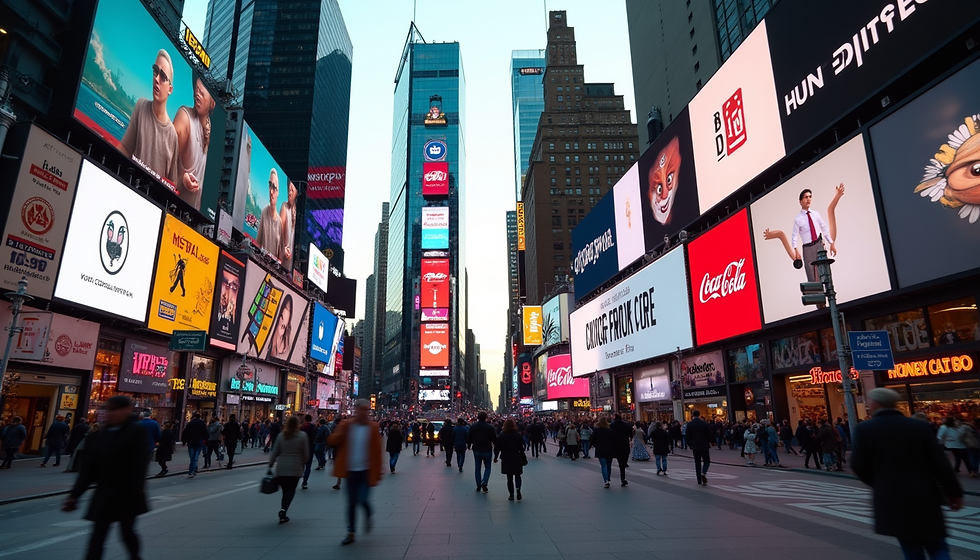Event Recap: Exploring the World of Opera
- yifan zhao
- Jan 2, 2025
- 2 min read

Thank Yunxuan Zhou for an inspiring talk on the opera industry!
1️⃣ The Technology and History of Stage Arts
Musicals: Originating in late 19th-century Britain, musicals combine songs, dance, and drama, focusing on storytelling and entertainment.
Opera: Dating back to late 16th-century Italy, opera is a comprehensive art form integrating music, drama, literature, and dance, emphasizing dramatic and lyrical musicality.
2️⃣ Requirements and Training for Artists
Opera Singers: Typically trained in bel canto singing, requiring exceptional vocal technique, musical comprehension, and multilingual proficiency.
Musical Theater Performers: Must excel in singing, dancing, and acting, with a lighter and more humorous performance style.
Comparison: Due to differences in vocal timbre and tone, opera singers can often perform in musicals, but musical theater performers generally cannot meet the demands of opera.
3️⃣ Career Development for Performers
Understudy System: Every role has understudies ready to step in if needed.
Agents: Responsible for negotiating performance opportunities.
Challenges for Asian Performers: On American stages, Asian actors face significant racial challenges and must stand out with exceptional professional abilities.
4️⃣ Classic Opera Works
Introduction to Classic Operas:
Lucia di Lammermoor: Often called the Italian "Romeo and Juliet," it tells a tragic love story set in Scotland.
La Bohème: Depicts the love and life of artists in Paris' Latin Quarter, filled with romance and tragedy.
Madama Butterfly: A heartbreaking tale of love between a Japanese geisha, Cio-Cio San, and an American naval officer.
Don Carlo: A story of political and romantic entanglements surrounding Spanish Prince Don Carlo.
5️⃣ Industry Trends and International Support
Europe: Countries like Germany often provide state funding for opera houses, ensuring the continuity and development of the art.
United States: Relies heavily on private or corporate sponsorship, with a more market-driven approach.
Birthplace: Italy and France, the birthplace of opera, remain ideal destinations for advanced studies and performances.
6️⃣ Fun Facts
Vocal Care: Singers often use remedies like bird’s nest soup to maintain their vocal cords.
Castrati: Male singers of the 17th and 18th centuries underwent surgery to preserve their boyish voices for high-pitched roles.
Preparation Time: A single opera production often requires years of rehearsal and preparation, with the entire theater working diligently to deliver a spectacular performance.
Memorizing Scripts: Opera performers must memorize the entire script before stepping into rehearsals at the theater.
No Microphones: Opera singers perform without microphones, relying on powerful, resonant voices to reach audiences in theaters accommodating thousands.
More than just an art form, opera is an emotional expression that transcends time and culture. Through this introductory discussion, we can now appreciate classic operas from multiple perspectives.





Comments